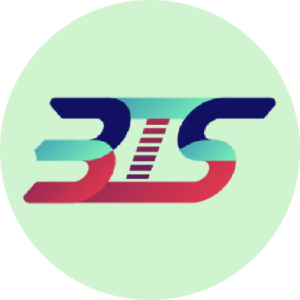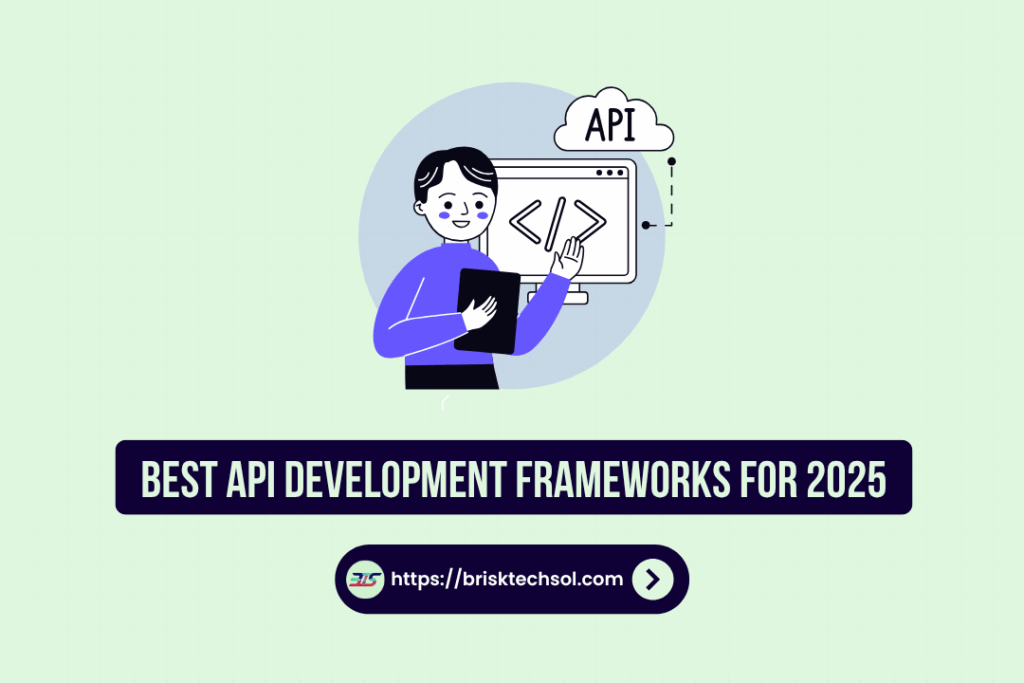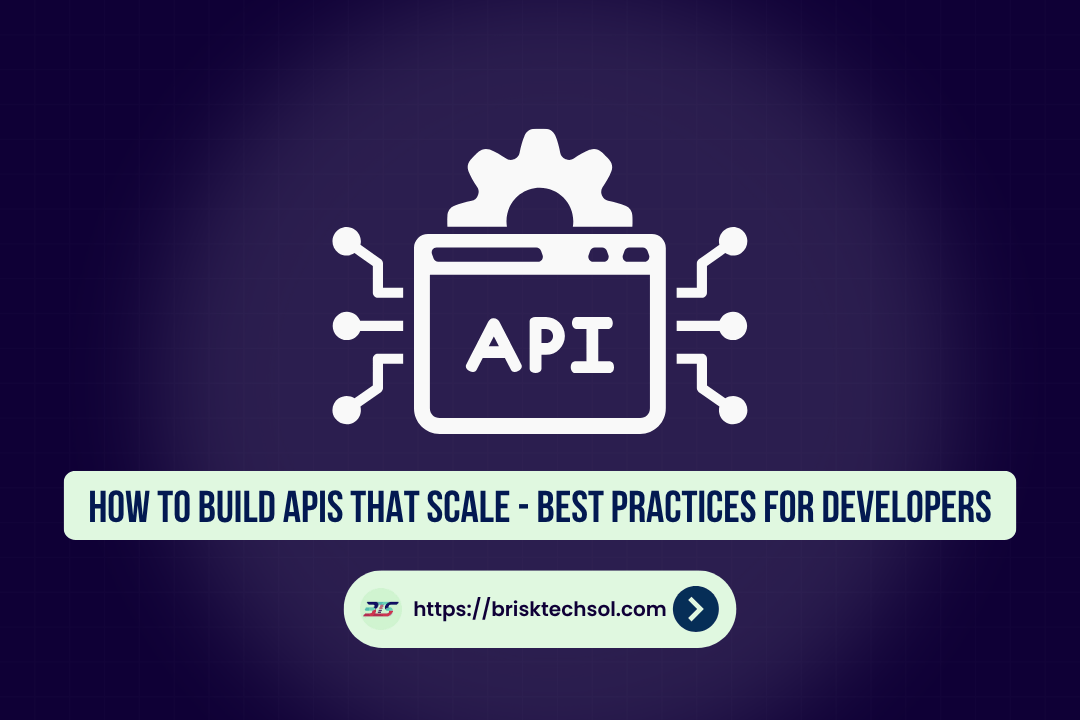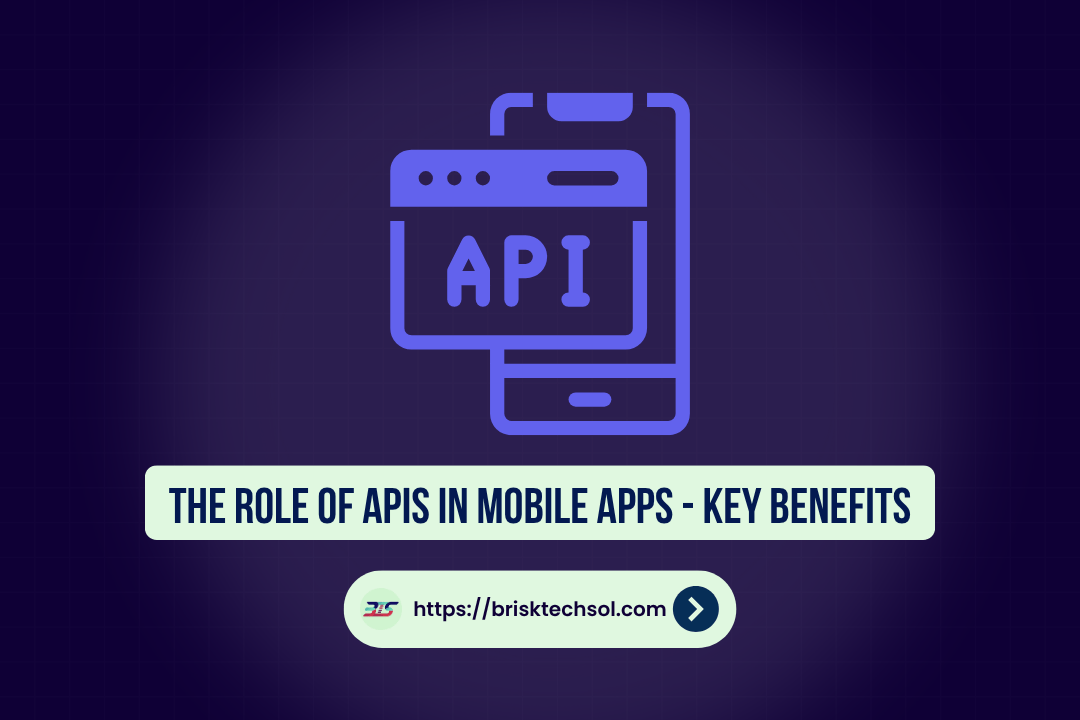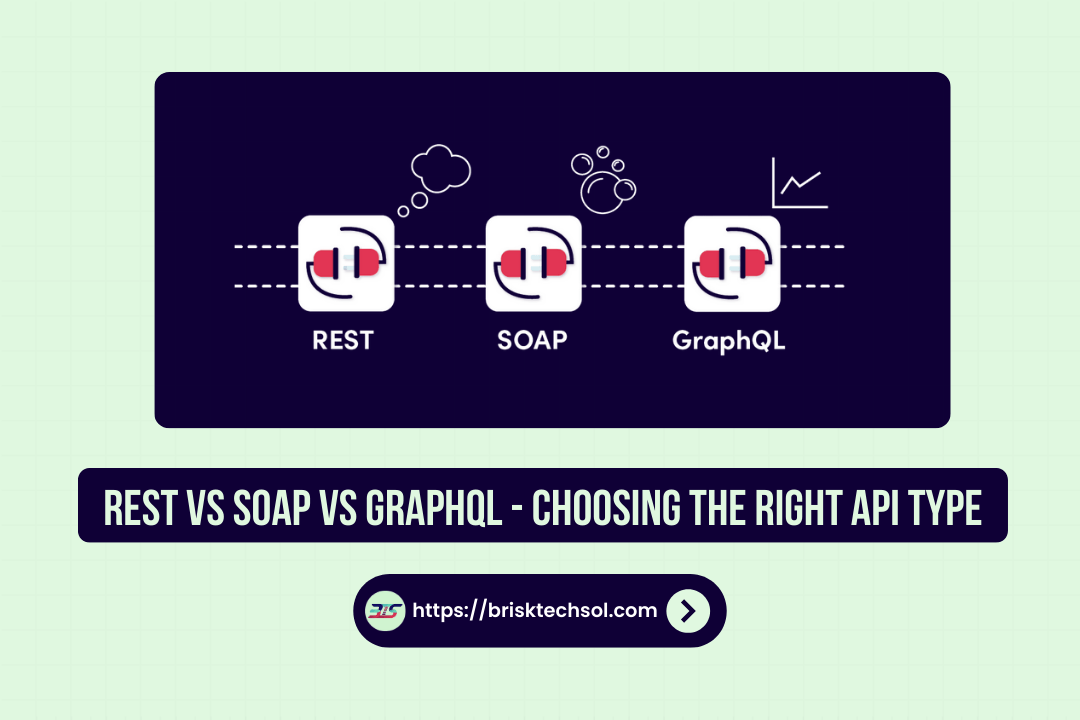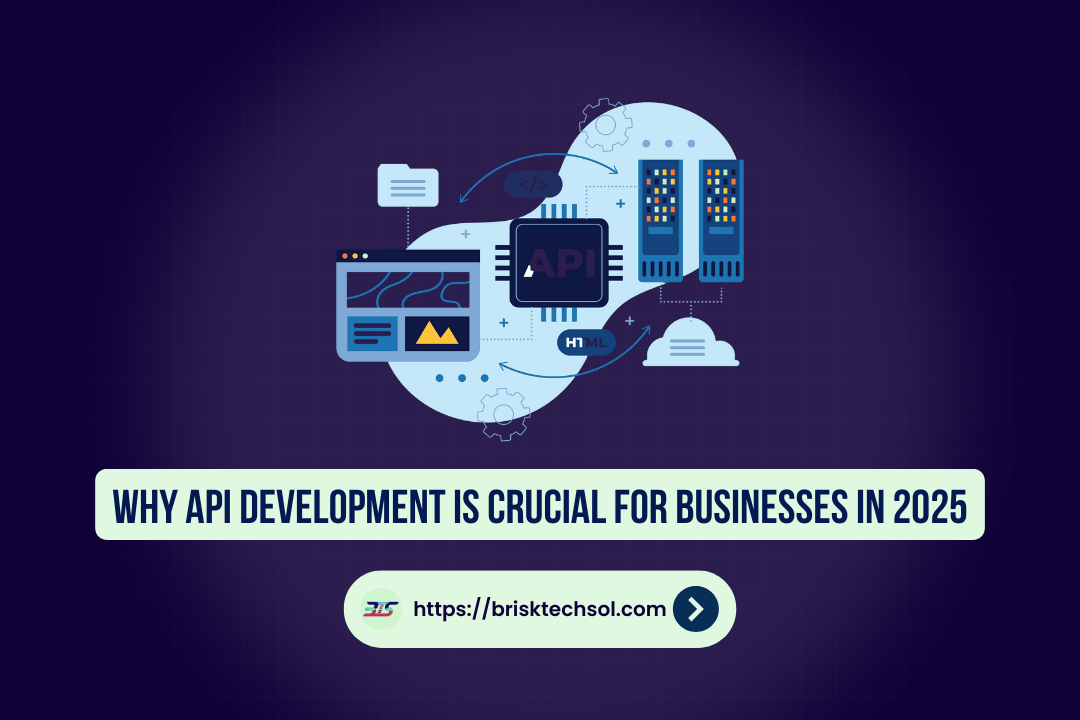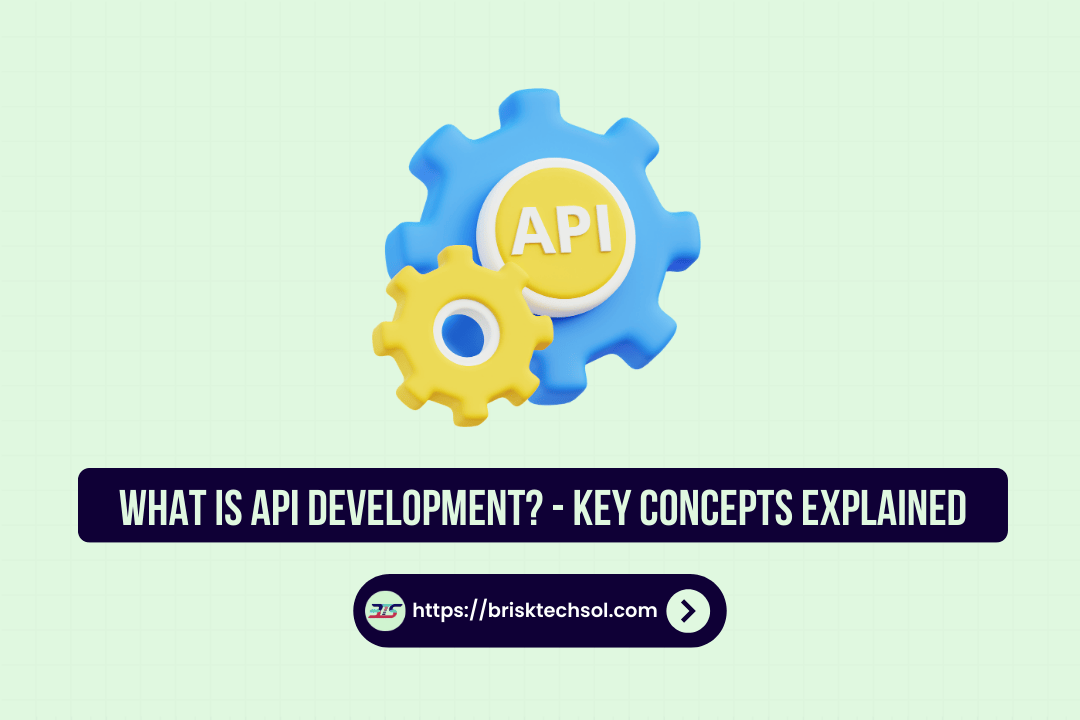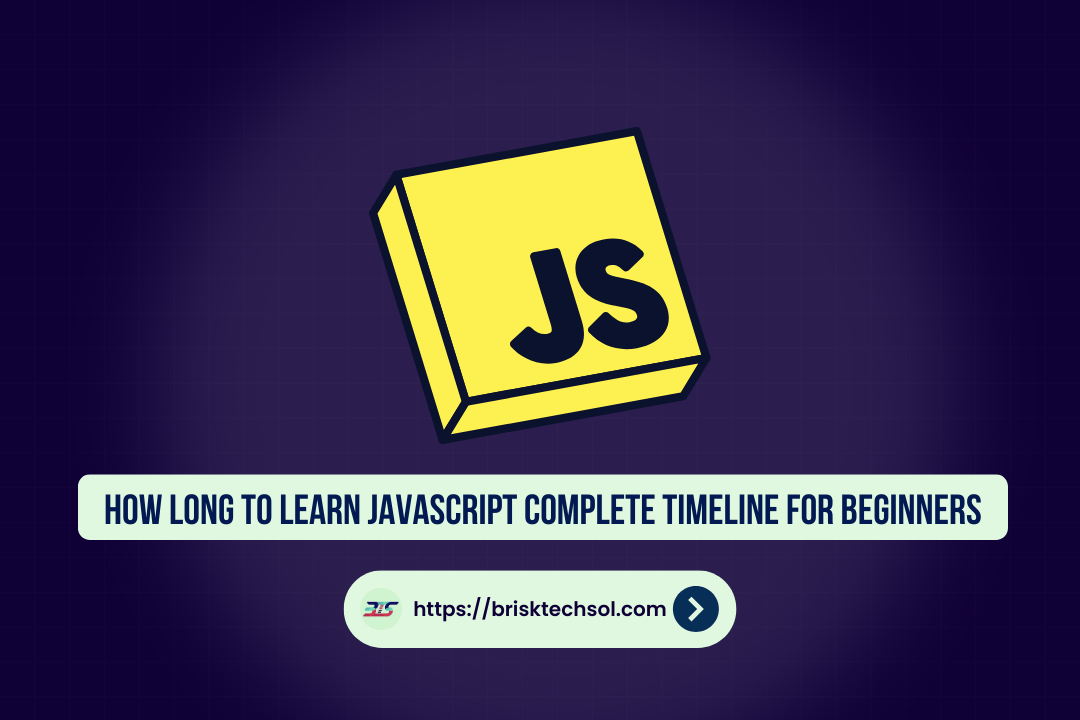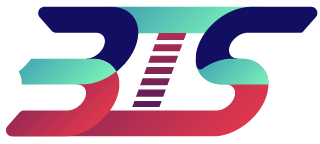Application Programming Interfaces (APIs) have changed how businesses operate in the digital age. Whether you’re running a growing startup or managing a well-established organization, APIs are the lifeblood of digital world. They enable seamless integration between systems, powering apps, automating processes, and redefining customer experiences.
But building strong and scalable APIs is no small task, which is why developers need reliable frameworks to streamline the process. This blog takes a deep look at the best API development frameworks for 2025, helping you make informed decisions for your projects.
Criteria for Evaluating API Frameworks
Before diving into the top frameworks, it’s essential to understand the factors that set a great API framework apart. These criteria will help you make an informed decision when selecting your API development framework in 2025:
- Ease of Use: A developer-friendly framework simplifies the development process, offering intuitive syntax, thorough documentation, and tools that reduce friction. This means faster coding, fewer bugs, and a smoother workflow for your team, allowing you to focus on building great features instead of dealing with unnecessary complexity.
- Performance: High-performing frameworks are critical for ensuring rapid data transmission and low latency, especially when dealing with large-scale or high-traffic systems. Whether you’re handling real-time data streams, serverless applications, or complex queries, an efficient framework ensures your API can handle the load without compromising speed or reliability.
- Security: APIs are frequent targets for cyberattacks, making security a top priority. Leading frameworks come equipped with built-in protections like robust authentication methods, data encryption, and tools to prevent vulnerabilities such as SQL injection and cross-site scripting (XSS). A secure framework helps safeguard sensitive user data and maintain your application’s integrity.
- Flexibility: The best frameworks can adapt to a wide range of use cases. Whether you’re developing RESTful APIs, real-time communication protocols, or implementing GraphQL, a flexible framework can accommodate the specific needs of your project while allowing room for future growth or shifts in technology trends.
- Community Support: A strong developer community can be a game changer. Frameworks backed by active, engaged communities offer a wealth of plugins, extensions, and third-party tools to enhance your development process. Additionally, forums, guides, and tutorials can be invaluable when encountering challenges, ensuring you’re never stuck without help.
By considering these criteria, you’ll be better prepared to choose a framework that not only meets your technical requirements but also supports your long-term development goals.
Top API Development Frameworks for 2025
As the tech landscape evolves, so do the tools developers use to build efficient, scalable, and secure APIs. In this curated list, we highlight the top API frameworks expected to dominate in 2025, each tailored to different development needs, preferences, and project scales.
1. Express.js (Node.js)
Express.js continues to be a favorite among developers for creating REST APIs, and for good reason. Built on the powerful Node.js runtime, it offers a lightweight, unopinionated framework that simplifies API development without sacrificing flexibility or performance.
- Why choose Express.js?
- Perfect for developers who value speed and simplicity in quickly building APIs for applications..
- Its vast ecosystem, powered by npm, provides thousands of ready-made modules and libraries for added functionality.
- Ideal for building real time apps, such as chat applications or live dashboards.
- Excellent for microservices architecture, letting you break down large systems into manageable, scalable API services.
- Best for: Building scalable, high-performance APIs quickly, especially in startups or projects requiring rapid iteration and deployment.
2. Django REST Framework (Python)
Django REST Framework (DRF) is an extension of the Django framework, known for its scalability and robust security. DRF offers an easy-to-use toolkit for building APIs and is particularly well-suited for handling complex data models and large datasets.
- Why choose Django REST Framework?
- Built-in authentication mechanisms such as token-based authentication, OAuth, and session authentication ensure secure API interactions.
- Automatic browsable API documentation makes it easier for developers to test, debug, and integrate APIs during development.
- Seamless handling of relational databases through Django ORM allows developers to work with complex models effortlessly.
- DRF’s modular design also makes it easy to customize and extend the functionality as needed.
- Best for: Enterprises or projects requiring secure, scalable APIs where data integrity, security, and documentation are top priorities.
3. Spring Boot (Java)
Spring Boot is a powerful, production-ready framework built with Java, designed for creating robust APIs that can scale to meet enterprise needs. Known for its reliability and versatility, it simplifies the often-complicated process of Java development by providing pre-configured settings and integrations.
- Why choose Spring Boot?
- Provides a holistic ecosystem with integrated tools for monitoring, testing, and deployment, ensuring seamless development workflows.
- Offers extensive support for microservices architecture with tools like Spring Cloud, making it a solid choice for distributed systems.
- Exceptional scalability and performance make it a dependable choice for mission-critical applications.
- Built-in security features, such as Spring Security, ensure secure API development out of the box.
- Best for: Large-scale projects requiring a highly scalable, secure, and reliable backend for complex systems.
4. ASP.NET Core (C#)
ASP.NET Core, backed by Microsoft, is a high-performance framework designed for building secure and reliable APIs. It’s a leader in enterprise level API development, offering speed, versatility, and cross-platform compatibility.
- Why choose ASP.NET Core?
- Consistently ranked as the fastest-performing framework in the TechEmpower benchmarks, making it ideal for high-load applications.
- Packed with built-in security features like multi-factor authentication, CSRF protection, and data encryption, ensuring enterprise-grade safety.
- Cross-platform support allows developers to deploy applications seamlessly on Linux, Windows, or macOS.
- Backed by an active open-source community and Microsoft’s continuous investment, ensuring the framework stays up-to-date with the latest advancements.
- Best for: Developers and enterprises looking for a framework that offers unmatched speed, scalability, and security for large-scale, reliable APIs.
5. Flask (Python)
Flask is a minimalist framework for Python developers who prefer flexibility and simplicity. It’s lightweight, easy to set up, and perfect for developers building quick prototypes or small, focused applications.
- Why choose Flask?
- Its minimalist design gives developers complete control over their application, allowing for as much or as little customization as needed.
- Integrates seamlessly with Python’s vast ecosystem of libraries, tools, and frameworks, making it highly versatile.
- Offers easy scalability for small projects that may grow in complexity over time.
- Great for beginners due to its simple syntax and straightforward setup, yet powerful enough for experienced developers to create custom solutions.
- Best for: Rapid API prototypes, small projects, or developers who need ultimate flexibility and control over their API design.
Comparison Table: Frameworks at a Glance
| Framework | Programming Language | Strengths | Best For |
| Express.js | JavaScript (Node.js) | Lightweight, fast, flexible | Scalable, real-time apps |
| Django REST Framework | Python | Secure, scalable, auto-documentation | Data-driven enterprise applications |
| Spring Boot | Java | Holistic, scalable, microservices-ready | Large-scale enterprise projects |
| ASP.NET Core | C# | Fast, secure, cross-platform | Enterprise APIs with high performance |
| Flask | Python | Flexible, beginner-friendly | Small, lightweight API projects |
Choosing the Right Framework for Your Project
Selecting the ideal API framework is crucial and depends on the specific scope and needs of your project. With so many options available, understanding the strengths of each framework can help you make an informed decision. Here are a few practical pointers to guide you:
- Starting Small? If your project is just getting off the ground, frameworks like Flask or Express.js are excellent choices. Flask (Python) offers simplicity and flexibility, making it perfect for lightweight applications or prototypes. Similarly, Express.js (Node.js) provides a minimalistic yet powerful structure ideal for fast development with JavaScript.
- Prioritizing Security? For applications where security is critical, Django REST Framework (Python) and ASP.NET Core (C#) stand out. Django includes built-in features like authentication, cross-site request forgery protection, and input validation, making it a solid choice for secure API development. ASP.NET Core, backed by Microsoft, offers enterprise-grade security features and is perfect for applications that handle sensitive data.
- Need Scalability? For large-scale, enterprise-level applications that demand high performance and scalability, frameworks like Spring Boot (Java) and ASP.NET Core (C#) shine. Spring Boot simplifies the complexities of Java development and is designed for building robust, production-grade applications. Meanwhile, ASP.NET Core combines performance, scalability, and cross-platform capabilities, making it a go to for demanding business applications.
When choosing a framework, consider factors such as your team’s expertise, the specific features your project requires, your budget, and the anticipated scalability needs. Taking the time to assess these elements will help ensure you pick a framework that not only meets your current demands but also supports your project as it grows.
Key Takeaways
- API development frameworks are essential tools for creating secure, scalable, and efficient applications. They provide developers with the structure and functionality needed to streamline the building process while ensuring reliability and performance.
- Popular frameworks such as Express.js, Django, Flask, and ASP.NET Core each bring unique features and benefits, catering to different project needs. For example, Express.js is lightweight and flexible, ideal for JavaScript-based projects, while Django offers a comprehensive, high-level framework for Python developers. Flask provides simplicity for smaller projects, and ASP.NET Core is known for its robust performance in enterprise-level applications.
- Choosing the right framework requires careful consideration of several factors, including your development team’s expertise, the size and complexity of your project, and the specific needs of your application. Selecting the wrong framework can lead to inefficiencies and challenges down the road.
- Staying informed about the latest frameworks, updates, and improvements is crucial to keeping your APIs competitive and future-proof. Technology evolves rapidly, and leveraging modern tools can give your application an edge in terms of functionality and performance.
- To find the perfect fit for your next API project, take the time to explore and experiment with these frameworks. Testing different options and understanding their pros and cons for your specific use case will help ensure your APIs meet both current and future demands effectively.
FAQs
Q1. How do I decide which API framework to use?
Choosing an API framework depends on your project requirements, such as scalability, ease of use, and compatibility with your existing technology stack. Evaluate different frameworks based on their features, community support, and performance benchmarks to make an informed decision.
Q2. What are some of the most popular API frameworks available?
Some widely-used API frameworks include Express.js for Node.js, Flask and Django for Python, Spring Boot for Java, and FastAPI for building high-performance APIs in Python. Each framework has its unique strengths and is suited to different types of projects.
Q3. Can I use more than one API framework in my application?
Yes, it is possible to use multiple frameworks, especially for microservices architectures. However, careful planning and integration are essential to ensure seamless communication between services and maintainable code.
Q4. How do I ensure my API stays secure?
Prioritize implementing authentication and authorization protocols, such as OAuth 2.0 or JWT. Additionally, regularly update your dependencies, validate inputs, and use HTTPS to safeguard against potential vulnerabilities.
Q5. Are there any risks in adopting a new API framework?
Adopting a new API framework can pose challenges such as compatibility issues, a learning curve for your team, and potential limitations in certain features. Thorough research and testing can help mitigate these risks.

